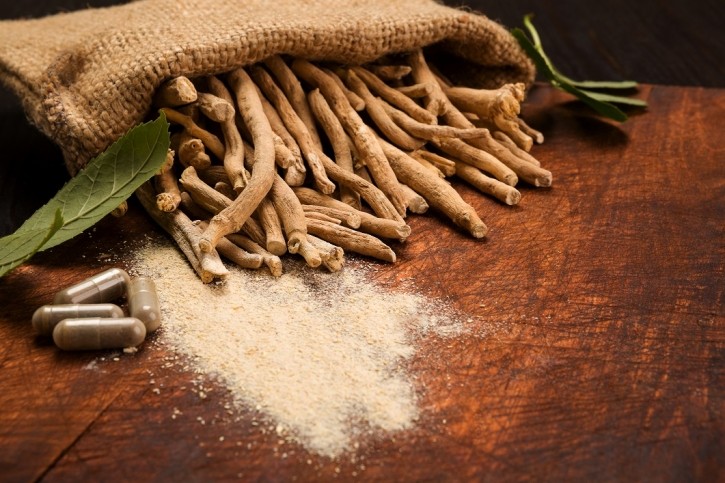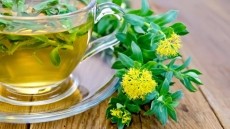Review reveals benefits of ashwagandha on 'inflammaging'

Recent studies have shown how WS can be used to treat different areas of aging, inflammation and oxidative stress. This review from India pulled them together alongside safety analysis and results from global clinical trials.
The reviewers also explained the benefits of WS on DNA damage, immunomodulation, Covid-19 and the microbiome.
They reported: “[This review] highlights the potential of Withania somnifera in improving the health-related quality of life (HRQoL) in the aging population worldwide.”
Promoting regeneration and youthfulness
Inflammaging was a term first coined by the authors of a 2006 study into immunosenescence.
The precise mechanisms involved in development and progression of inflammaging are currently unknown. However, it involves many different molecular and cellular mechanisms, from cellular senescence to DNA damage response. Inflammaging can also contribute to cardiovascular disease, neurodegenerative disorders, diabetic nephropathy and cancer.
WS has been used for thousands of years as a ‘Rasayana’—a holistic therapy that aims to suppress the aging process by boosting the immune system and maintaining youthfulness. Ashwagandha is called Avarada in Ayurvedic literature, indicating regeneration or youthfulness.
Phytoconstituents are present in all of WS, although the roots have the highest concentrate of bioactives.
Fighting inflammation and DNA damage
The researchers found a raft of evidence around WS's benefits. One study showed how taking a 500 mg capsule twice a day for six months resulted in a significant decrease in malondialdehyde (MDA) and increase in superoxide dismutase (SOD) levels. Superoxide dismutase is considered the front line of defense against reactive oxygen species-mediated injury.
The authors noted that oxidative stress is one of the major causes of DNA damage and that WS is used as an antioxidant agent in treating diseases. They maintain this means it could be a potential candidate for suppressing DNA damage, helping prevent inflammaging.
Oxidative stress plays a critical role in inflammaging progression. The authors reviewed a study investigating the antiinflammatory role of WS extract in human keratinocyte HaCaT cells and male C67BL/6J mice. It found the herb significantly suppressed inflammatory cytokines TNF-α, IL-1β, IL-6, IL-8 and IL-12.
Toll-like receptor proteins (TLR4) have a vital role in the immune system. Danger-associated molecular patterns (DAMPs) and pathogen-associated molecular patterns (PAMPs) activate TLR4, as do Lipopolysaccharides (LPS) present on the surface of bacteria cell walls.
The authors noted that active phytocompounds of WS inhibited TLR-4-activated innate immunity signaling pathways, including MAPK and NF-κB.
The researchers also suggested WS may potentially play a protective role in mitigating the detrimental effects of inflammaging during Covid-19, though this is speculative.
Review conclusions
The researchers concluded WS has the potential to treat inflammaging with “considerable evidence” of its efficacy. They cited the herb’s antiaging effects, role in DNA damage repair and potential effects on the microbiome as factors that suggest a key role in inflammaging.
However, they highlighted that there is limited preclinical and clinical evidence to firmly support this idea, calling for more studies into the area.
To support further studies they outlined the biological pathways regulated by WS and its active compounds. This may help provide extra insights into how it treats inflammaging for the future.
Source: Pharmaceuticals 2024, 17(5), 597
doi: 10.3390/ph17050597
“Emerging Vistas for the Nutraceutical Withania somnifera in Inflammaging.”
Authors: Vivek Basudkar and Gunjan Gudrati













